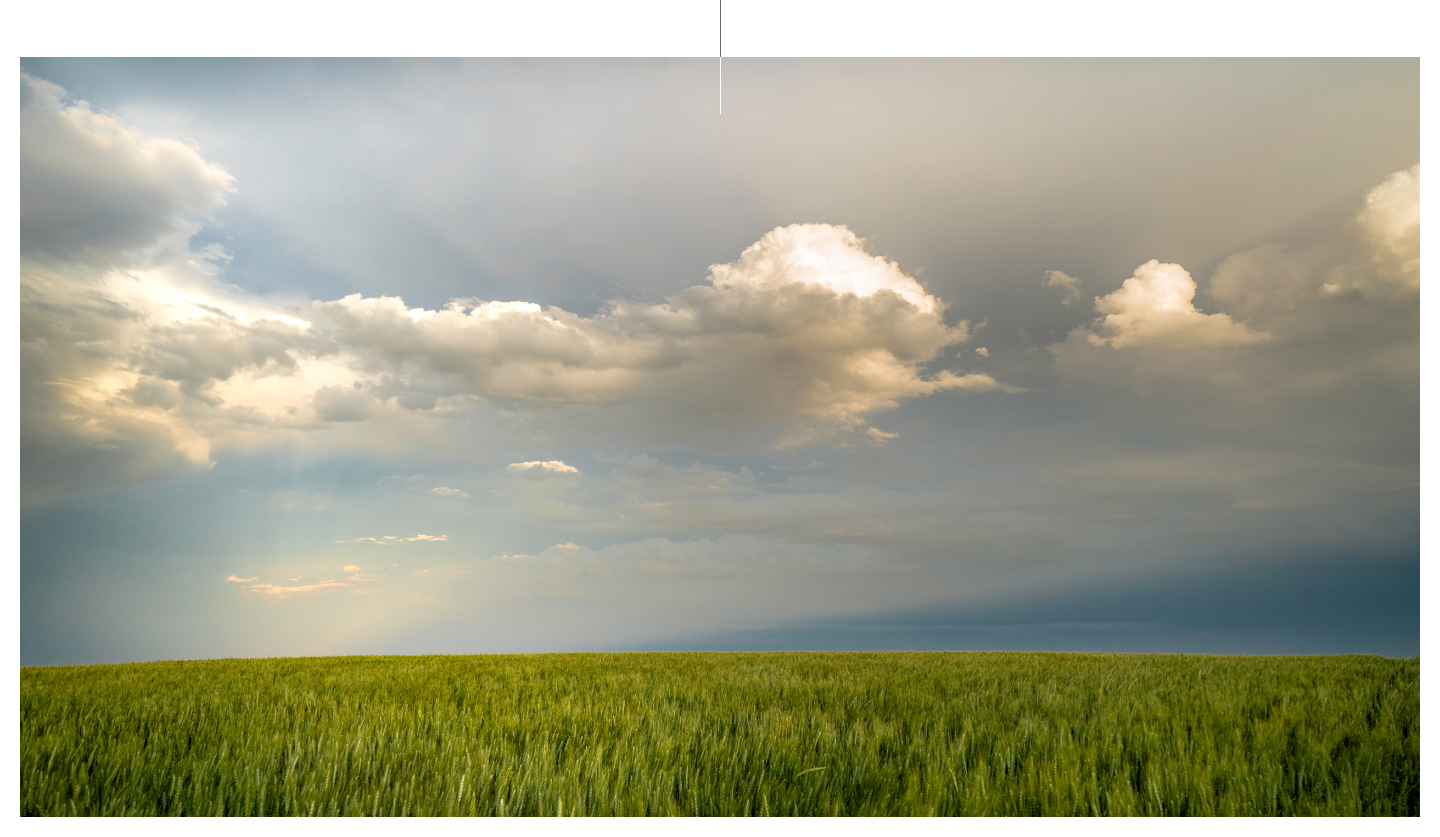About
The District boundary is entirely within Weld County
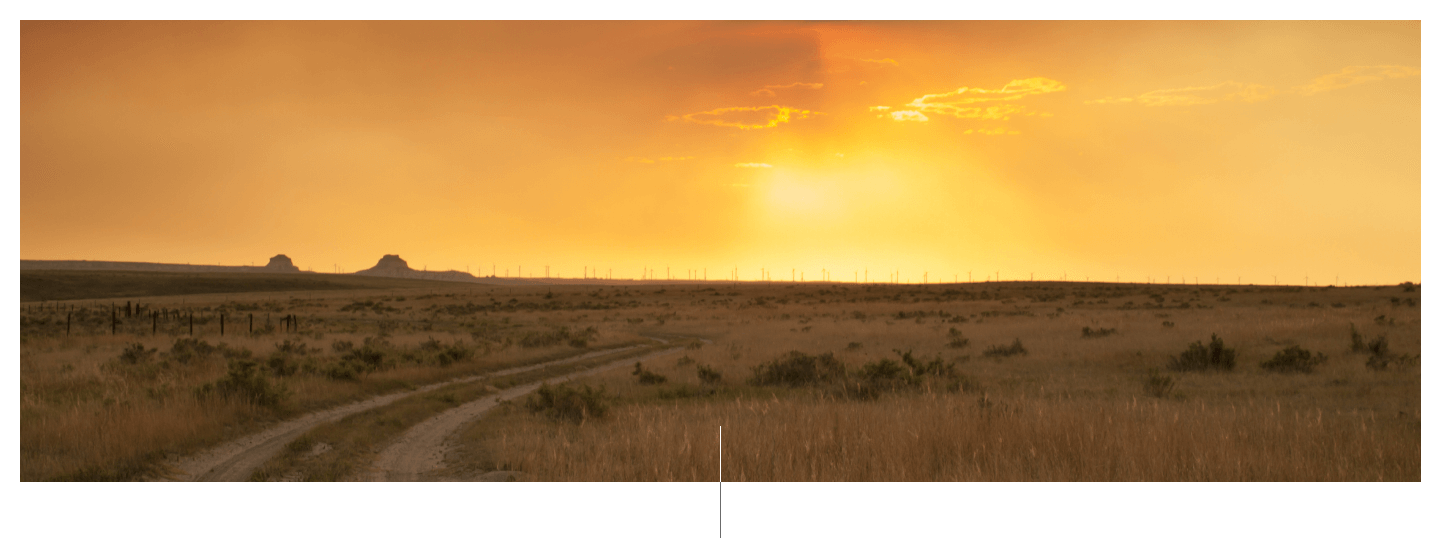
WHERE WE WORK
We extend North to the Wyoming border, East to New Raymer and West to the Weld County line. Our Southern boundary is a little harder to verbalize as we share southern Weld with several other Conservation Districts, but the boundary includes: Johnstown/Milliken area, Lasalle, Kersey and down around Keenesburg.
Land ownership within the District is:
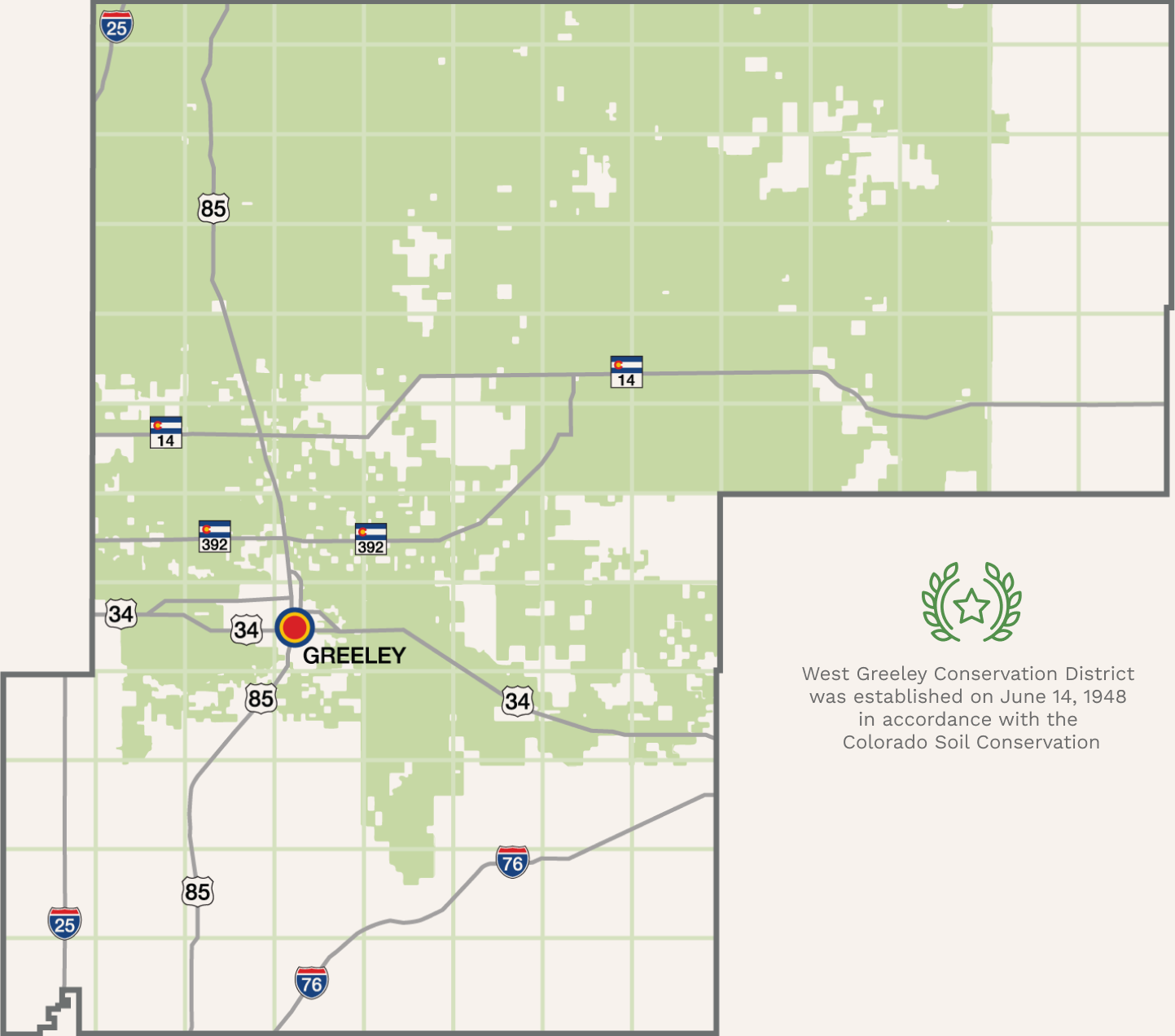
The West Greeley Conservation District was established on June 14, 1948, in accordance with the Colorado Soil Conservation.
HISTORY

In the early 1930’s the United States experienced an unparalleled ecological disaster known as the Dust Bowl. Severe, sustained drought in the Great Plains caused soil erosion and the loss of productive topsoil leading to huge black dust storms that blotted out the sun. The storms stretched south to Texas and east to New York. Dust even sifted into the White House and onto the desk of President Franklin D. Roosevelt. After seeing the sky black with dust in Washington, the U.S. Congress unanimously passed legislation declaring soil and water conservation a national policy and priority. Since about three-fourths of the United States was privately owned, Congress realized that only active, voluntary support from landowners would guarantee the success of conservation work on private land. In 1937, President Roosevelt wrote the governors of all the states recommending legislation that would allow local landowners to form soil conservation districts.
-
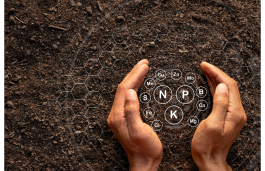
Soil Health -
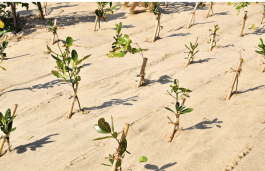
Erosion Prevention -

Water Quality & Quantity -
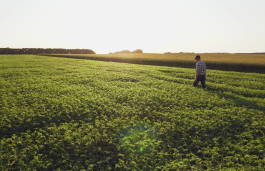
Ag Land Preservation -
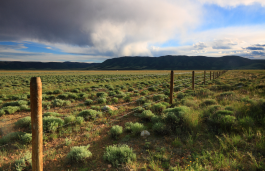
Range Management -
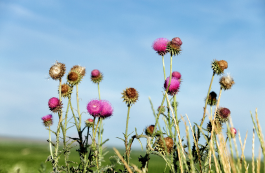
Invasive and Noxious Weeds -
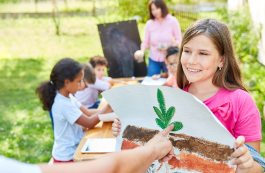
Conservation Education -
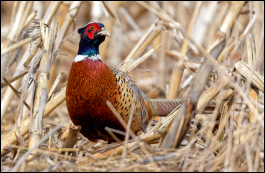
Wildlife Habitat -
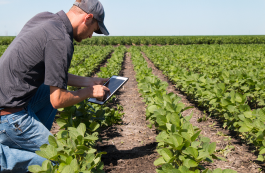
Land Use Planning -
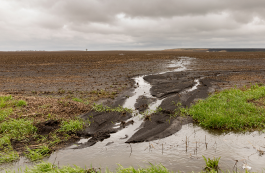
Environmental Disaster Response
OUR COST SHARE PROGRAMS
We offer many cost share programs for district participants in order to ensure a productive use and maintenance of private lands. We are the only program within the county that is focused directly on efforts to help private land owners with their land issues.
- School educational programs in water, soils, wildlife, and other natural resource educational programs.
- Tree planting efforts across the county.
- Reseeding of native grasses in open spaces throughout the metro areas of Weld County to stabilize the soil and help provide recreational opportunities and habitats for wildlife.
- Sponsorship of an economical tree sale program for those with approximately 1 or more acres of land with the realization that trees add value to property, help control home heating and cooling, provide soil and wind stabilization, as well as provide attraction of wildlife and increase the quality of homeowners lives.
- Representation on state and local efforts for air and water quality initiatives.
- We offer scholarships to local students whose parents are members within the district, and are interested in studying the sciences, agriculture, environmental pursuits, or other natural resource oriented studies.
- We provide classroom lesson plan support for natural resource issues ranging from water, air, wildlife, soils, and energy.
- Provide technical support and input to Weld County Planning and Zoning.
- Summer educational opportunities are also afforded to local residents in such programs as landscape design for water efficiency, wind energy and solar opportunity education, reclamation of land disturbed by local energy development.
- Mitigation of soil loss situations due to blowing or eroding soil.
- Technical support for enforcement agencies dealing with blowing soil or water issues.
- Work directly in ensuring the local economic base of agriculture is secured for the future.
WE DO THIS THROUGH
- Supporting conservation planning that promotes local, agronomic and economic sustainability through wise land use;
- Providing innovative outreach and education to citizens and stakeholders;
- Researching, recording, and disseminating information about WGCD’s natural resources;
- Promoting a comprehensive conservation ethic for the effective and appropriate management and sustainable use of natural resources;
- Actively participating in local forums designed to promote comprehensive resource management within the WGCD.
- Partnering and Collaborating with other groups and organizations.
- Implementing on the ground conservation projects.

